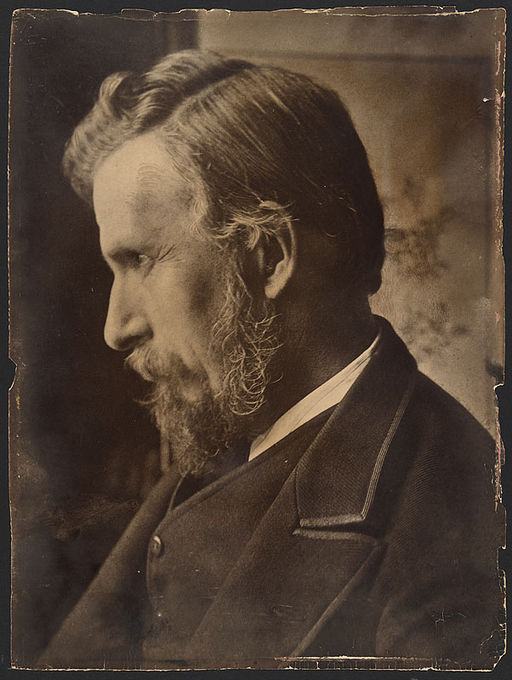Liberty Matters
On Officer Liability

In my response to Judge Glock’s initial essay, I suggested that Dicey’s rule-of-law principles could be usefully applied to a broader array of legal questions than that of officer liability. Dicey’s critique of the administrative state, therefore, is not as narrow as Glock’s initial essay argued. However, Glock seems interested exclusively in pursuing the specific question of officer liability, and so I’ll engage the conversation on that point.
Glock is correct that, with a few exceptions, critics of the administrative state have ignored this question, so it certainly merits closer exploration. (I’m proud to be among those exceptions, both in essays for Law and Liberty and in other work.[1]) One striking feature of early American administration that many historians have seized upon is the effect of officer liability on the way that early customs laws were administered. In his superb history of early American administration, Jerry Mashaw notes that because administrators were personally liable for abuses in power, “being a federal administrative agent may have been legally quite treacherous.”[2] He provides a few examples of specific administrators in early America who were embroiled in litigation as a result of the exercise of their responsibilities.[3] In one of them, Jeremiah Olney, customs collector in Providence, Rhode Island in the early 1790s, was restrained in the application of the customs laws, even though Treasury Secretary Alexander Hamilton pressed him to be more aggressive.
This aspect of officer liability – its tendency to temper administrative power and render it accountable to individuals and local communities – is to my mind its most advantageous feature. As Gautham Rao explains in his recent book on early American customs administration, customs officers were deeply influenced by local merchants, who “expected to have the power to shape how the custom house would function” in practice.[4] In short, early American administration was closely tied to local communities, and national government officials knew they could not trample on the rights and the practices of those communities. The local communities shaped the behavior of the bureaucrats, not vice versa.
Officer liability presumably played an important, but not exclusive role in engendering this local orientation in national officers. This would be a commendable effect of reintroducing it, but it should also be considered as merely part of a broader set of reforms that are needed to restrain the administrative Leviathan.
Endnotes
[1] Joseph Postell, “Should the Courts Tame Our Administrative State?” Law and Liberty Forum, August 1, 2013: https://lawliberty.org/forum/should-the-courts-tame-our-administrative-state/; Gary S. Lawson, “Deference to Whom?” Law and Liberty Forum, August 1, 2013: https://lawliberty.org/forum/deference-to-whom/; Postell, Bureaucracy in America: The Administrative State’s Challenge to Constitutional Government (Columbia, MO: University of Missouri Press, 2017), 17-18, 69-70, 89-90, 117-120.[2] Jerry Mashaw, Creating the Administrative Constitution: The Lost One Hundred Years of American Administrative Law (New Haven: Yale University Press, 2012), 69.
[3] Mashaw, Creating the Administrative Constitution, 69-73.
[4] Gautham Rao, National Duties: Custom Houses and the Making of the American State (Chicago: University of Chicago Press, 2016), 10.
[3] Mashaw, Creating the Administrative Constitution, 69-73.
[4] Gautham Rao, National Duties: Custom Houses and the Making of the American State (Chicago: University of Chicago Press, 2016), 10.
Copyright and Fair Use Statement
“Liberty Matters” is the copyright of Liberty Fund, Inc. This material is put on line to further the educational goals of Liberty Fund, Inc. These essays and responses may be quoted and otherwise used under “fair use” provisions for educational and academic purposes. To reprint these essays in course booklets requires the prior permission of Liberty Fund, Inc. Please contact oll@libertyfund.org if you have any questions.